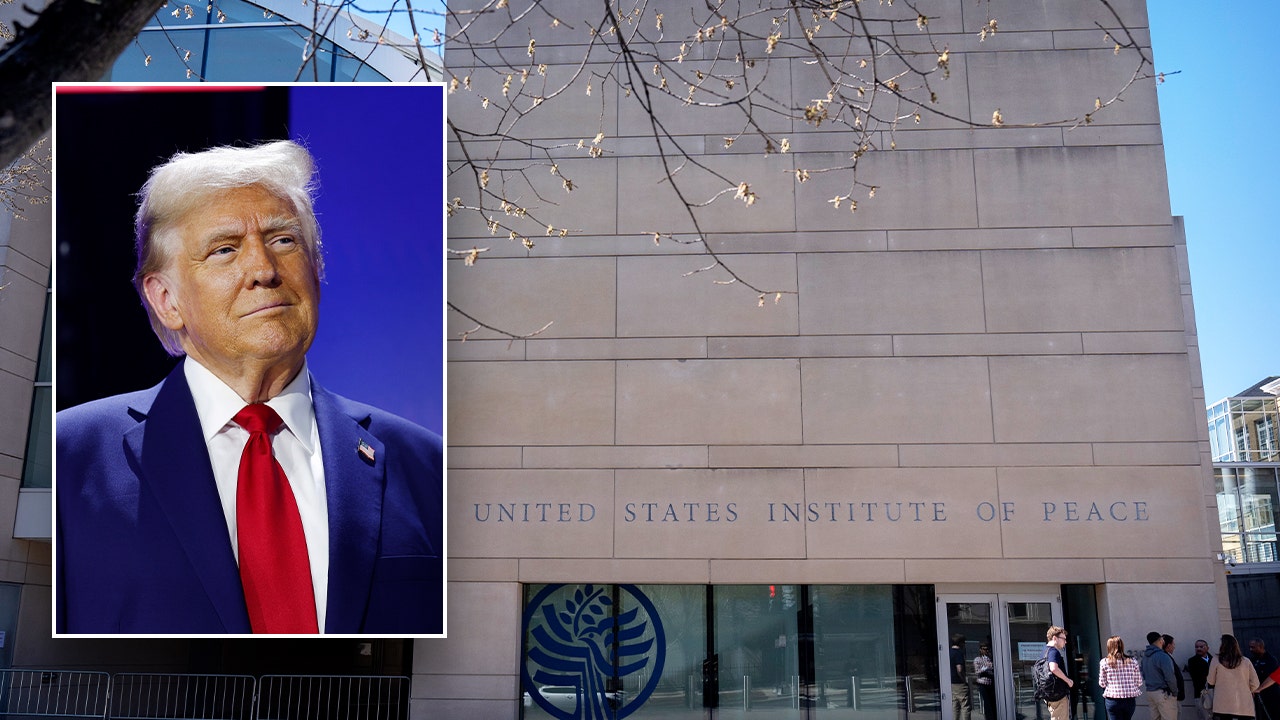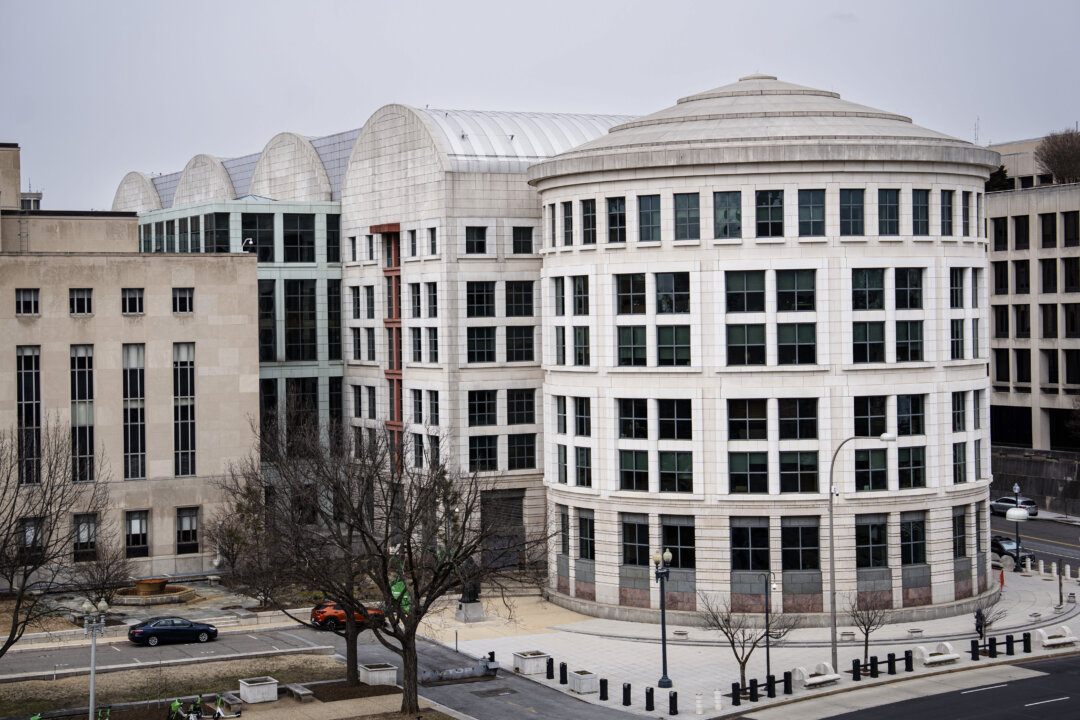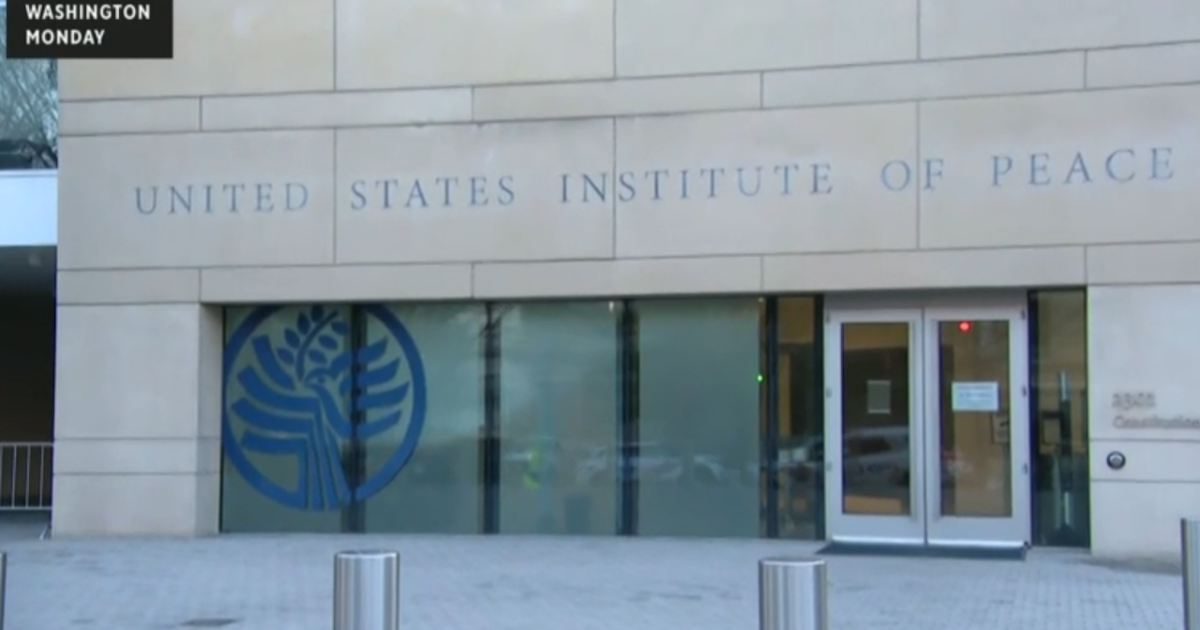Judge Denies Restraint on Trump Administration's Takeover of U.S. Institute of Peace
A federal judge criticizes the treatment of USIP staff by DOGE while refusing to restore ousted officials amid takeover efforts.
Overview
U.S. District Judge Beryl Howell denied a temporary restraining order aimed at preventing the Department of Government Efficiency's (DOGE) takeover of the U.S. Institute of Peace (USIP). In her ruling, Howell expressed offense at the alleged treatment of removed staff and the involvement of armed law enforcement during the restructuring. Though she acknowledged potential legal violations in the firings of USIP's president and board members, she stated the plaintiffs had not demonstrated a likelihood of success in their case. This ruling comes amid ongoing disputes regarding federal authority over the independent institution.
Report issue

Read both sides in 5 minutes each day
Analysis
- U.S. District Judge Beryl Howell criticized the Department of Government Efficiency (DOGE) for their aggressive and 'abominable' treatment of the U.S. Institute for Peace (USIP) personnel during the attempted takeover.
- Despite concerns over the enforcement methods used by DOGE, Judge Howell declined to reinstate the ousted board members of USIP, stating they did not meet the legal criteria for a temporary restraining order.
- The case reflects larger tensions regarding the relationship between the Trump administration and independent federal institutions, highlighting issues of executive power and treatment of civil servants.
Articles (7)
Center (3)
FAQ
Judge Howell denied the temporary restraining order because the plaintiffs had not demonstrated a likelihood of success in their case, despite criticizing DOGE's aggressive tactics. She noted the complex position of USIP within the government and referenced legal precedents like Dellinger v. Bessent.
DOGE's actions included deploying armed law enforcement, threatening criminal investigations, and making unannounced visits to staff members' homes. These tactics were deemed unacceptable and intimidating by Judge Howell.
The U.S. Institute of Peace is currently under the control of DOGE, with its board members having been dismissed and replaced. The institute's operations are being restructured, despite legal challenges from ousted officials.
The Trump administration's actions against USIP are part of a broader effort to exert control over independent agencies and organizations created by Congress. This includes aggressive takeovers and dismantling of agencies involved in foreign aid and peacekeeping.
History
- This story does not have any previous versions.





